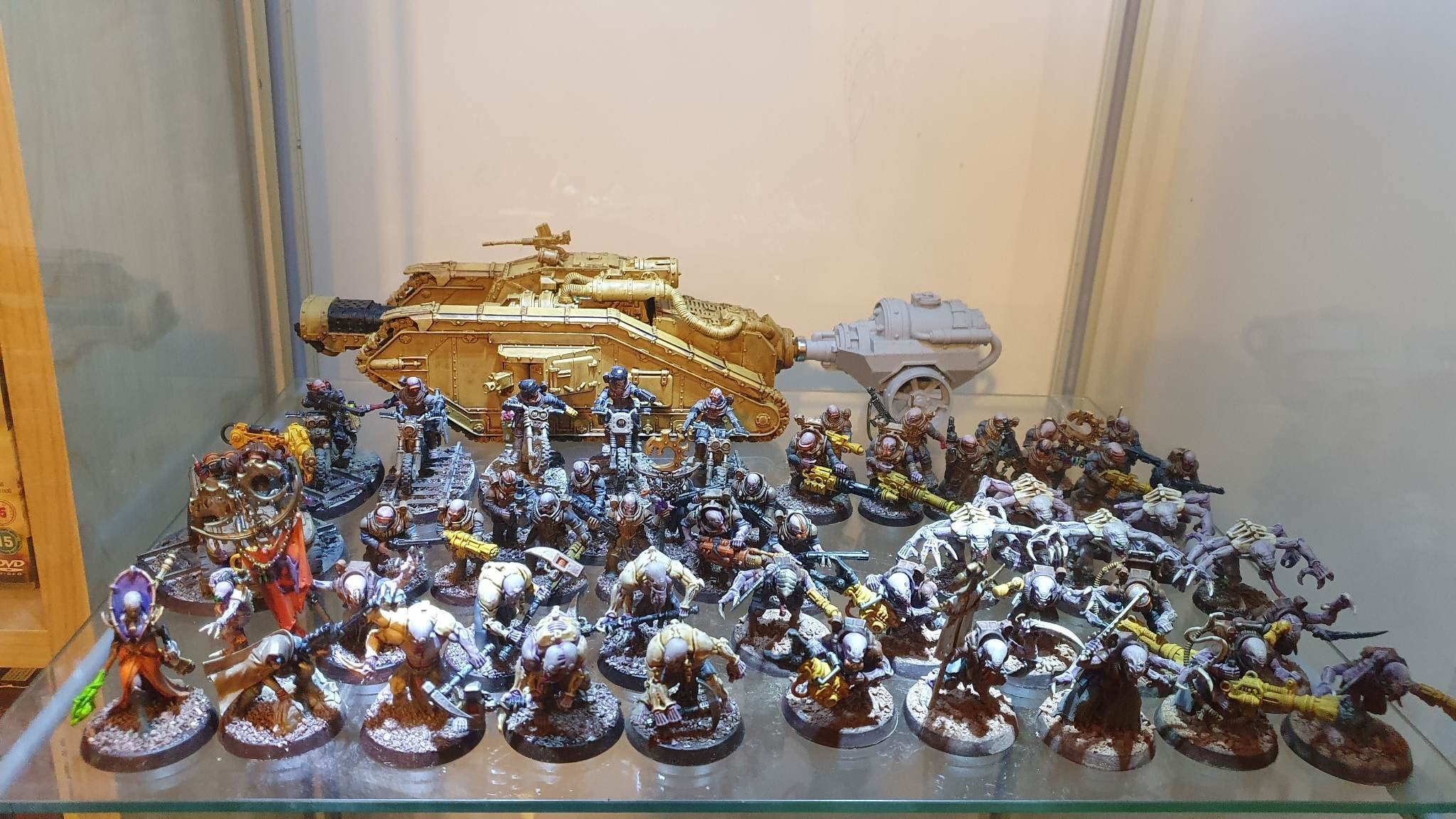Mødet med nomaderne - Meeting with the nomads
Firstly, my apologies for any errors in my Danish. I am far better at Polish! I hope these three passages help to bring to life the different waves of settlers who arrived on Prawa V over the centuries. I also hope it deepens the mystery of Mona a little. As always, comments, criticism, etc. most welcome. Thank you.
If you're interested in pronunciation, it's Jagiełło (yah - gee - eh - woh - soft G), Stenrik (steen - rik), Kasnyk (cash - nik - yes, I am aware I've missed out the accent on the S but I am not going back to change them all now!), Sobczak (sob - chack), Czajka (chy - kah).
We stopped ten paces short. No one spoke.
The wind stirred between us — not strong, not loud, but constant. It carried the dry scent of old canvas, scrub brush, and sun-scoured stone. One of the nomads raised a hand, palm down. Not to stop us. Just to hold the stillness in place.
Jagiełło didn’t flinch. He stood level, eyes forward. The weight of his presence didn’t shift. But when Mona stepped slightly ahead of him, no one missed it — least of all the nomads.
She lowered her hood. The change wasn’t in her posture, but in the air around her. She moved as if this plain were familiar. Not recently — but in the way a road becomes part of you after enough miles. Then she spoke. Not loudly. Not with ceremony. Just a few words in a tongue none of us knew.
A murmur rose among the nomads. One of them, younger, grunted something back — fast, uncertain. But another, an older woman wrapped in a dust-bleached shawl, stepped forward and narrowed her eyes. She made a sign I didn’t know — three fingers to the chest, then to the wind. Then she said it. Quiet. Like tasting it to be sure. “Kova.”
Mona didn’t answer. Didn’t blink.
Another voice, further back. A man this time. Hoarse.
“Kirana?”
Mona tilted her head slightly, not in confirmation. Not in denial. Just the silence of someone who’s been called many things, and knows which ones to answer to.
The old woman nodded. Once. Then turned to the others and spoke in a low stream — the words flowed like sand over metal, rough and worn smooth by time. One by one, the nomads lowered their shoulders. One stepped aside, creating space. Another poured water into a small iron bowl and set it on a flat stone between us. Not a welcome. Not yet. An invitation.
I glanced at Jagiełło. His jaw had tightened just a fraction. He was still. But I could feel the calculation shifting behind his eyes.
Mona looked straight ahead. Calm. Steady. The wind pulled gently at the hem of her coat.
-----
Kasnyk stood at the window for a moment longer than necessary. The desert outside was dipped in twilight, wind dragging sand across the concrete lip of the compound’s inner wall. Below, a generator stuttered and caught, coughing back to life with a wheeze of tired pistons. Behind him, the cogitator array continued its quiet work, charting terrain overlays and patrol logs onto a wide, pulsing grid. The screen showed sector loops that didn’t loop, supply routes that edged too close to sealed archives, and updated manifests that included items no longer in inventory. He tapped the side of his monocle. “Filter for supply redundancy. Cross-check energy draw against cooling systems allocated to decommissioned bunkers. Highlight anything rerouted.”
The lens flickered. One by one, old bunkers lit up — most cold. One glowed faint amber. Vault Theta-6. Again.
Kasnyk frowned. He reached for a dataslate on the side table and loaded the recent archive pull — old requisitions, handwritten manifests, post-war facility diagrams.
That was when there was a knock on the door.
“Enter,” he said, not looking up.
The functionary stepped in, a junior aide barely out of academy stripes, arms burdened with scrolls wrapped in old twine and dataslates bound in copper crimps. He crossed the room quietly and deposited them on the bench beneath the auxiliary map display. Then waited.
Kasnyk continued for a moment, narrowing the patrol sector overlay, eyes flicking across the junctions like a man reading an old scar. Only when he reached for a stylus that wasn’t there did he realise someone was still in the room.
His eyes lifted. A brief frown creased his brow — no more than a second. “Dismissed,” he said, voice low but firm.
The functionary left without a word. The door closed.
Kasnyk returned to the display. He isolated the patrol paths of the 280th Sunward Watch across the last six weeks. They weren’t guarding terrain. They weren’t clearing routes.They were moving around something. Searching.
“They’re not holding ground,” he murmured. “They’re searching for something.”
The cogitator chimed. New transmission received – delayed sync.
A small green icon blinked into life. Partial. Fragmented. Sergeant Marek Sobczak. Timestamped two nights prior. Low priority flag. Civilian channel.
He opened it.
There were no visuals — just Marek’s voice, crackling and warped: “...confirm visual on something… unmarked… not listed on any— vault appears active… power draw doesn’t match records… forwarding… can’t confirm full schematic, but the shape— it’s massive. Not local. They’ve… they’ve moved something, sir. They—”
The file ended mid-transmission.
Kasnyk sat still. Then called up the old topographical logs from the years immediately after the last compliance sweep — the last time anyone had mapped beneath Sector Twelve in detail. He fed in the newer, redacted layouts. The overlays pulsed.
One showed an access tunnel decommissioned. The newer version showed… nothing. A flatness. But the patrols curved around it.
“Compare,” he said softly. “List facility differences, changes to supply nodes, reassigned storage depots.”
The system fed it in: cooling lines rerouted. Fuel allocations tagged as ‘emergency buffer stock’ never accounted for. Power cells drawn off-grid.
Kasnyk leaned forward slowly. Hands flat on the desk. “There’s something there, isn’t there?” A pause. Then, more quietly: “They’re waking it up.”
-----
The fire pit crackled low, sending up thin curls of smoke that vanished into the pale sky. The light was shifting now — no longer the flat white of day, but the burnished orange that came before true dusk. Shadows stretched long and slow across the dust. We were seated in a rough circle near the centre of the camp, a shallow depression lined with stones. The nomads didn’t crowd us. They kept distance, even now. Not out of fear. Just a different rhythm.
Their clothing was layered, practical. Cloaks stitched from sun-bleached canvas and old industrial fabric, some dyed in earthen tones, others faded into pale greys. Boots and footwraps varied — a few wore repurposed treadplates strapped with cord, others had sand-hardened hides laced tight. Brass charms and wire-bound tools hung from belts, clinking softly as they moved. Nothing matched. Everything served a purpose. Their leader stood just off-centre, framed against a lean-to strung with scavenged cloth. He was tall, narrow-shouldered, and moved like someone used to measuring every step.
When he finally stepped forward, he reached up slowly and removed his mask. It was old, military-issue from some forgotten war — rubber faded, filters patched with wire. He didn’t unclip it for comfort. He did it to look Jagiełło in the eye.
“Jeg er Stenrik,” he said. His voice was dry but steady.
Jagiełło gave a small nod. “You know why we’re here.”
Stenrik studied him. “We heard the ground speak. Not with voice. With weight.”
Mona remained silent, seated just behind Jagiełło. The old woman from before sat beside her, saying nothing, fingers loosely clasped over a bowl of ash and stone.
Stenrik continued, switching to the shared tongue. “Something moves below the sands. Old. Not yours. Not ours.”
Jagiełło's eyes narrowed. “You know where?”
Stenrik shook his head once. “We know signs. Dust that falls without wind. Vibration in stone. Dry places turning damp overnight. It sleeps deep. But it turns in its sleep.”
There was a pause.
Jagiełło reached behind him and took something from Czajka’s pack — a bundled cloth sack. He opened it carefully, revealing a compact rig of pipes and mesh folded tight into a carrier frame.
“Atmos capture. Ten litres at dusk, more if the wind is right,” he said.
Stenrik didn’t reach for it. He looked at it, then at Jagiełło. “A gift?”
Jagiełło nodded. “Not charity. Trade. Respect.”
Stenrik considered this, then turned to one of the others and murmured something in their soft dialect. A few of the younger nomads whispered behind their scarves.
“Det er gjort,” the elder woman finally said. It is done.
A quiet fell. One of the nomads stood and stepped forward, pressing his thumb to his chest, then toward the horizon. Not a pledge. Just understanding.
I watched them move, speak, shift. There was no theatre here. No performance. Just the slow machinery of trust turning, one click at a time.
As we made ready to leave, the old woman leaned toward Mona. Her voice barely carried. "Du går stadig med en lang skygge, Kova.“ - You still walk with a long shadow, Kova.
Mona offered a small, gracious smile and dipped her head in a tiny nod.
The wind picked up again as we turned for the ridge. And behind us, the camp folded back into silence.
Edited by GSCUprising



0 Comments
Recommended Comments
There are no comments to display.
Create an account or sign in to comment
You need to be a member in order to leave a comment
Create an account
Sign up for a new account in our community. It's easy!
Register a new accountSign in
Already have an account? Sign in here.
Sign In Now